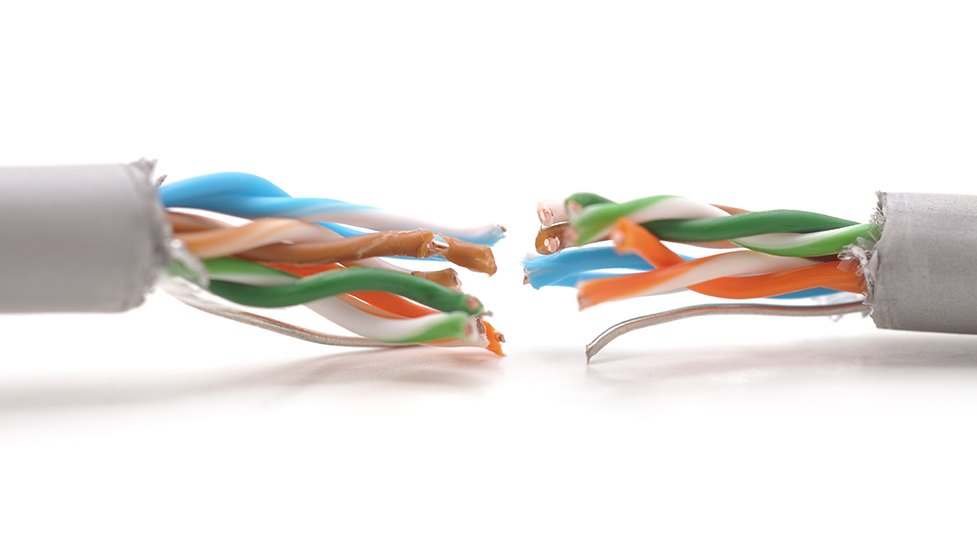
Continuity & Quality
Uninterruptible power supply security is essential in our technologized world. Against information loss, input errors and failures of whole systems help high-quality UPS devices, not only when needed, but continuously.
You are here:
An uninterruptible power supply (UPS) is a device that is connected between the power grid and the consumer. Depending on which dimensions we are talking about, this can be a small device the size of a shoebox that is plugged into the socket and in turn holds a socket ready for the consumer. Powerful systems are not plugged into the socket but permanently installed.

Uninterruptible power supply security is essential in our technologized world. Against information loss, input errors and failures of whole systems help high-quality UPS devices, not only when needed, but continuously.
The original purpose is to ensure that consumers can continue to operate in the event of a power failure. The batteries installed in the UPS provide the necessary power for a certain period of time.
Modern consumers, especially computers, are also very sensitive to omnipresent disturbances in the power grid, which are by no means a power failure: The typical sine wave is distorted by influences in the power grid in every direction. A coffee maker does not mind, but a server could go to its knees or "hang up" quietly and secretly.
On the other hand, high-quality UPS devices, which not only step in when needed, but continuously supply the consumer with freshly produced, perfect electricity, also help. EDELSTROM flat.
The prerequisite for the smooth and unrestricted operation of microprocessor-controlled systems is a stable and absolutely uninterruptible power supply. Undefinable power system faults are the most common cause of errors in hardware and software. The majority of malfunctions are due to a faulty mains supply.
In recent years, the susceptibility of microprocessors has increased enormously. The development to ever smaller and faster computers and the associated miniaturization of the electronic components have increased the sensitivity drastically. Transients trigger "resets" and thus interrupt processes, cause data losses, generate transmission errors and lead to early aging of electronic components.
A UPS is designed to protect vulnerable consumers such as computer systems, networks, servers, active and passive network components, IT nodes, process control systems, point-of-sale systems, laboratory equipment, telephone systems, and any other systems that are at great risk of failure. The right UPS is today the basis for every reasonable security concept in the energy supply. Ask. We have the optimal solution for you.
As an employer and partner to the IT industry, we understand our impact on the lives and careers of our employees and the performance of our customers. In order to do our best, we pursue topics that are important at both industry and organizational and personal levels, and participate in them.